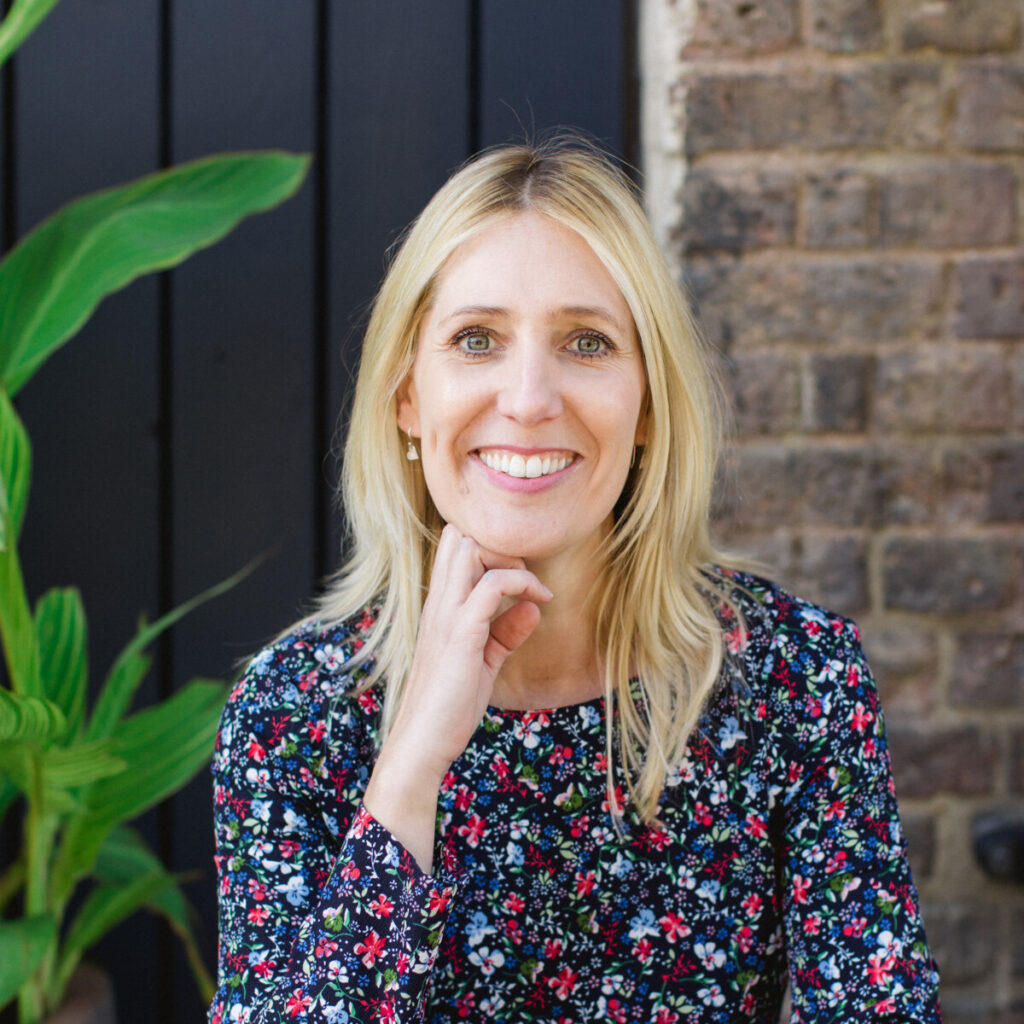Do early connections shape legacy gifts?
By Lucy Lowthian
When summer arrives, many of us can feel nostalgic about our childhood holidays and the wonderful memories we have. As someone over 40 (and a Yorkshire person), many of my holidays centred around the Yorkshire coast – seaside resorts such as Filey, Scarborough, and Whitby, and I have vivid memories of donkey rides, fairgrounds, ice creams and blasting out Madonna’s ‘Holiday’ with the window open and the boot full of deckchairs and windbreaks. Looking back, they seem like simpler times when holidays didn’t need to cost the earth – all that was needed was the sand and sea (and possibly the sun, but it was Yorkshire!).
So, where am I going with this? Well, research has shown that there’s a link between memory and legacy giving. When making our legacy decisions, we look back over our lives and use our memories to direct our legacy giving behaviour. Memory works through connections – and one of the most powerful is place. Memory and place are inextricably linked through the importance of autobiographical memory as a legacy motive, and the role of place in generating nostalgia.
The connection between memory and place
Because our childhood holidays can be such positive experiences that evoke powerful memories, can they also influence the causes we support through our legacy gifts in later life?
There are some causes we can naturally associate with this kind of nostalgia – The Donkey Sanctuary is the first that springs to mind. Lots of children used to love a donkey ride along the beach, and although times have now changed and this is no longer accepted practice by many, people have very fond memories of these gentle animals and want to protect them. They are so iconic when thinking back to seaside holidays and The Donkey Sanctuary experiencing strong growth in their legacy income over the last 10 years could be down to people’s fond childhood holiday memories and the positive association they have with the cause.
The RNLI is another charity synonymous with the British coast. The RNLI has been in existence for nearly 200 years and the presence of their lifeboats and stations are prominent in many seaside towns. Legacy income is their most important income stream which continues to grow year on year. Those who support the charity with a legacy gift could have a strong connection to the cause due to their childhood memories, especially if they visited the same seaside resort every year which they closely associate with the charity.
Changing times
But times have changed and travelling abroad has become the norm for younger generations. We’ve been more exposed to different countries and cultures. Memories of childhood holidays are now collated from around the world; stunning beaches, warm seas, and beautiful architecture. However, this also opens our eyes to a world beyond our own little bubbles and to some of the bigger issues facing the world. My colleague told me how she used to visit the Amalfi Coast when she was younger and collect beautiful bits of tiles from the beach. When she went back as an adult, she was horrified to see the same beach covered in plastic.
We’re becoming much more open to international development, thinking about how we can try to reverse some of these wider issues. The global impact of pollution and climate change, our carbon footprint – it makes you stop and think: what are we leaving behind for future generations? Whilst childhood holidays are still positive memories for many, we are more exposed at a younger age to issues around the world. From extreme weather conditions to polluted beaches, natural disasters to poverty and deprivation – our priorities are changing across the generations to those with a global perspective.
Going forward, could the shift in holiday trends result in a shift in legacy giving behaviours? Will we move away from some of those traditional British causes that we had such fond holiday memories of, towards those addressing international issues; causes which aim to tackle climate change such as Greenpeace and those protecting out natural world such as WWF?
Only time will tell.


